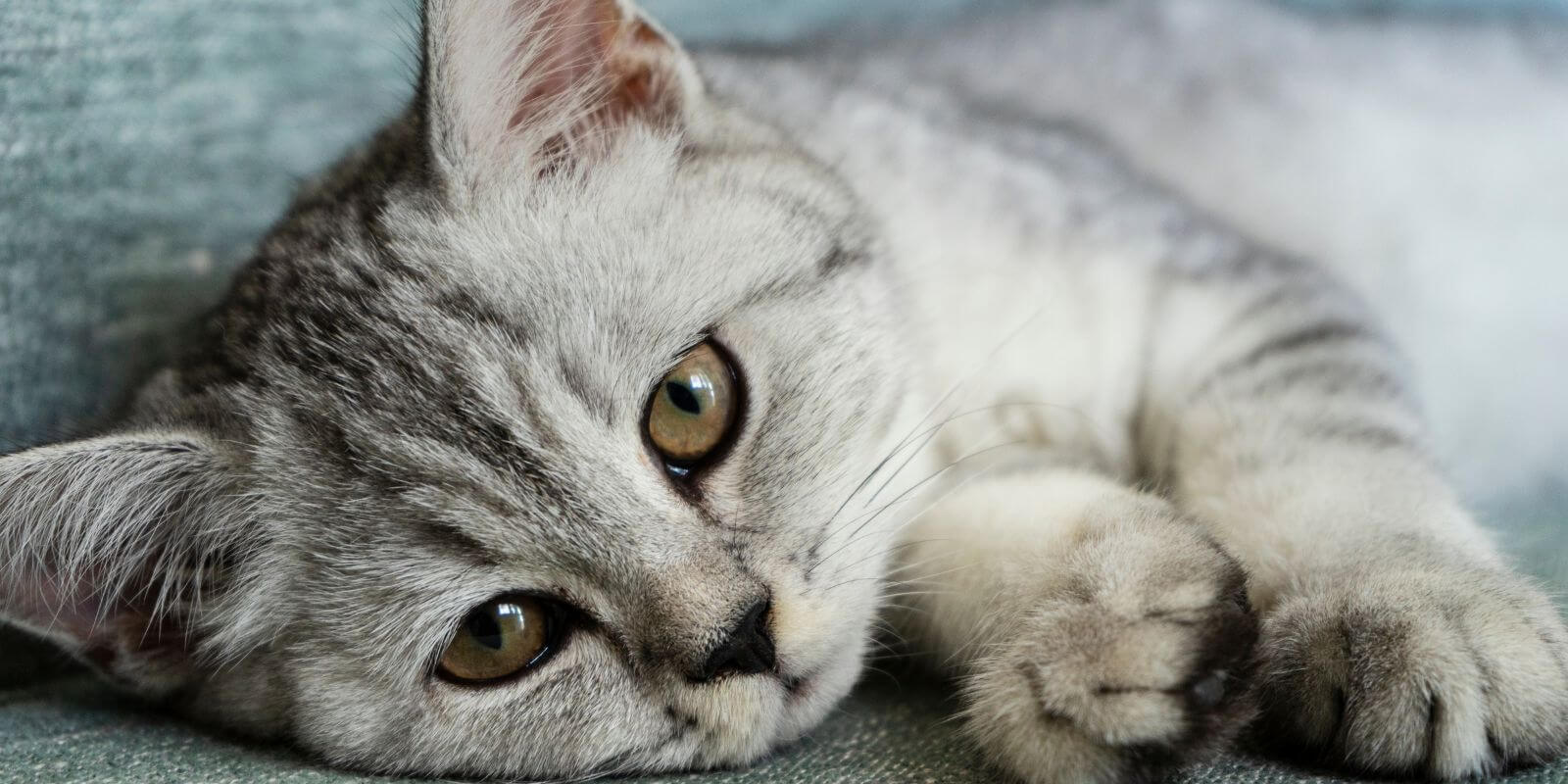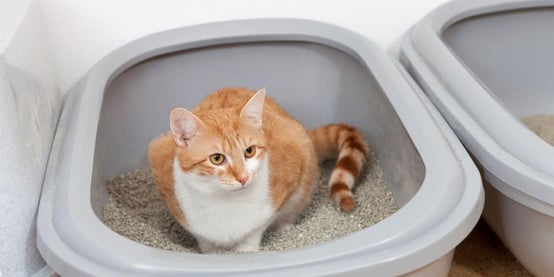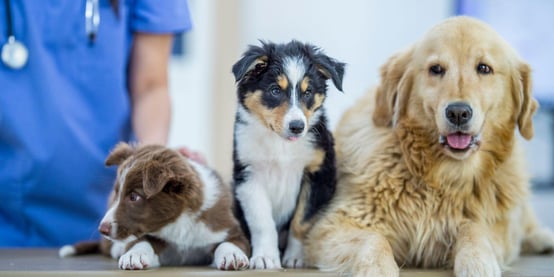When your cat has the sneezes, it can be easy to assume that something is wrong. Is it an illness? Allergic reaction? Something more serious? We pet parents are prone to worry!
But before you assume the worst, it can be helpful to get educated about the most common causes of cat sneezes. Oftentimes, the reason is quite benign and requires no treatment. However, it is good to know what to look for in case it does warrant a vet visit.
Is your cat sneezing? Here are a few reasons why that might be happening…
Why Do Cats Sneeze?
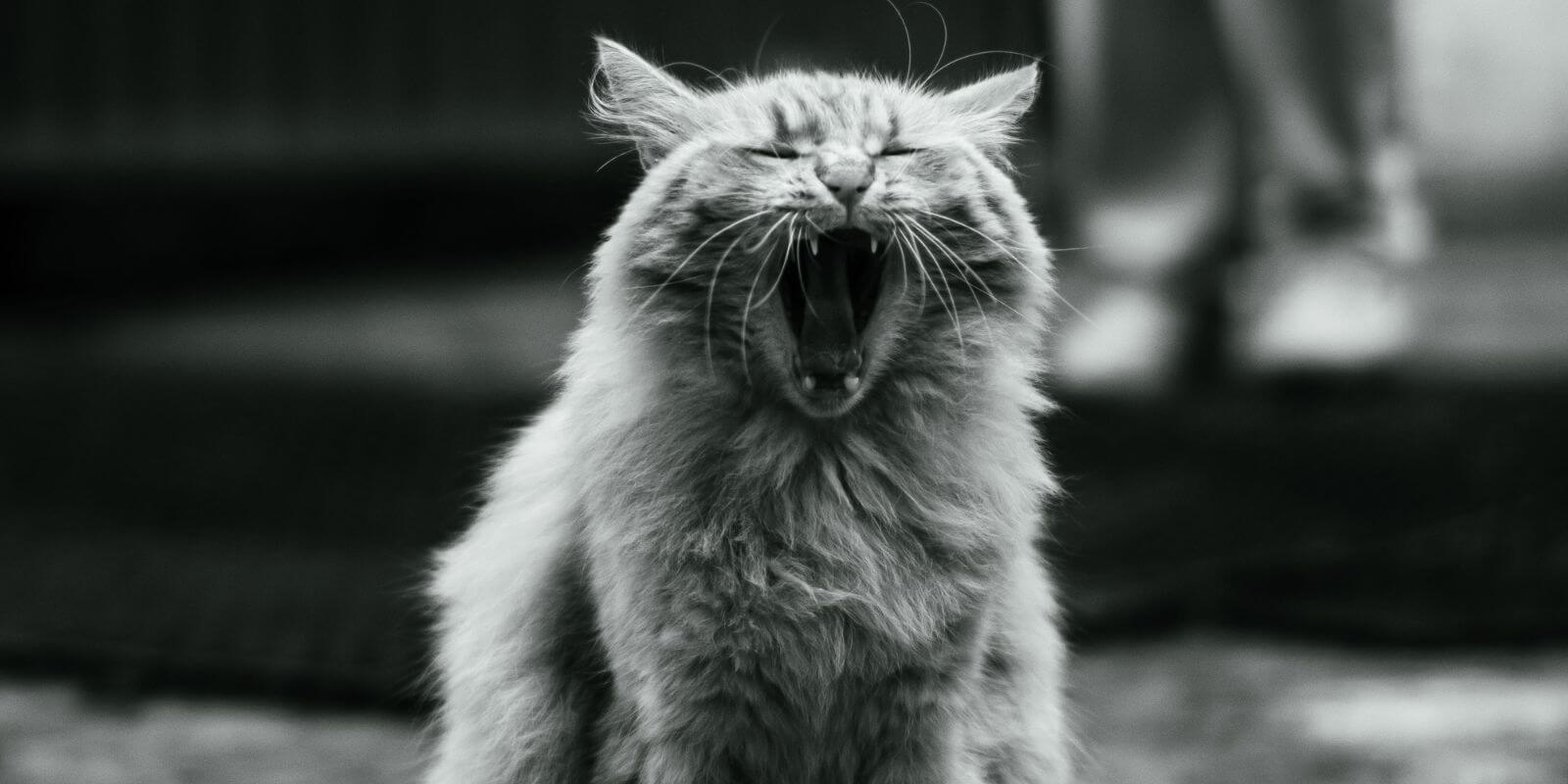
The most common causes of sneezing in cats are often related to respiratory infections, allergies, or irritants. Basically, when suspended particles in the air get breathed in, this can cause a tickle that makes your cat sneeze.
Sneezing is a very common and typically normal biological function. However, the frequency of each cause can vary among individual cats and populations. If you get concerned about why your cat is sneezing, you can always consult with a veterinarian to diagnose the issue and determine the right course of action.
10 Common Reasons Why Your Cat Might Be Sneezing
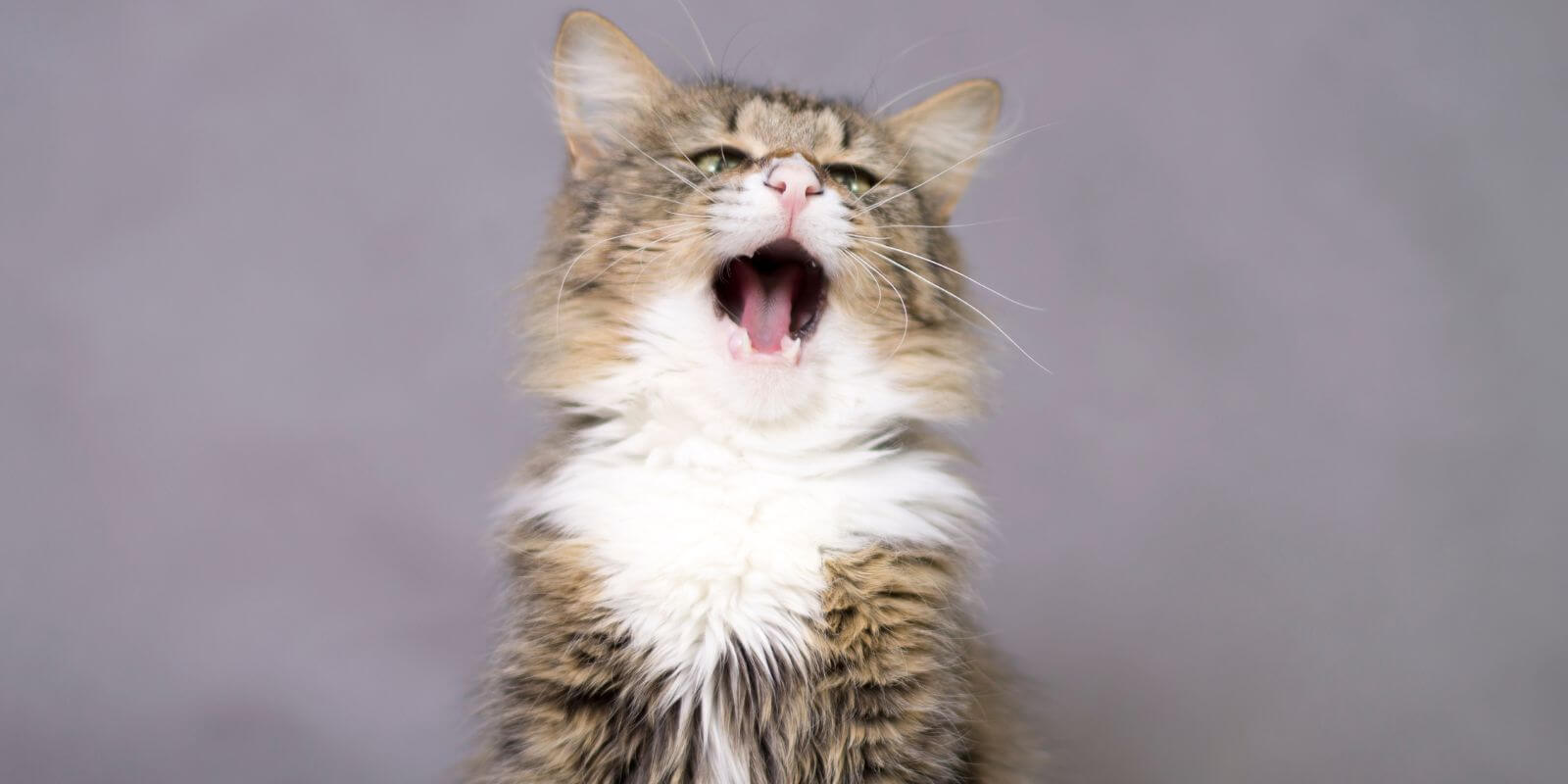
As with humans, there are many possible reasons why your cat might be sneezing. Sometimes it’s as simple as a little dust in the air. Other times, there may be more serious causes, such as an illness or allergic reaction.
Here are ten common reasons why a cat might be sneezing, along with associated symptoms and common treatments for each.
1. Foreign objects or particles
This is the most common culprit of cat sneezes. Inhaled foreign bodies, like dust, grass, or small particles can cause irritation, leading to sneezes. Symptoms of this include frequent sneezing, pawing at the nose, or nasal discharge. If there appears to be a foreign object in your cat’s nose, an examination by a vet to remove the foreign object may be necessary.
2. Allergies
Hypersensitivity to allergens such as pollen, dust, or certain foods can cause sneezing. Some signs that your cat has allergies include sneezing, itching, skin issues, and watery eyes. If your cat has allergies, a vet may help to identify the allergen and issue antihistamines or corticosteroids, if necessary.
3. Irritants/chemical exposure
Sometimes other irritants (besides dust) can cause sneezing. For example, exposure to strong odours, smoke, or chemicals can cause continued irritation. Sneezing, watery eyes, and coughing may be a sign of irritation. To treat this, remove the cat from the irritant, provide fresh air, and monitor for improvement.
4. Dry air
Dry air and/or low humidity can dry out your cat’s nasal passage, leading to sneezing. If your cat is sneezing and has a dry or crusty nose, it may be due to dry air. To help avoid this, you can use a humidifier in your home, especially during the winter months.
5. Respiratory infections
This is when a viral or bacterial infection may be affecting your cat’s upper respiratory tract. This is not usually cause for alarm, but it can be beneficial to visit the vet just in case. Common symptoms include sneezing, coughing, nasal discharge, and lethargy. The treatment for a respiratory infection is usually antibiotics or antiviral medications, supportive care, and isolation from other cats.
6. Dental issues
Believe it or not, dental issues can also lead to sneezing. Problems like tooth abscesses can cause nasal irritation, leading to sneezing, coughing, and a runny nose. Your cat might also have bad breath or show a reluctance to eat. The treatment for this is usually a dental examination by a veterinarian, which may include tooth extraction or antibiotics.
7. Nasal polyps
A nasal polyp is a non-cancerous growth in the nasal passage. Besides the appearance of a polyp in the nose, other signs may include repetitive sneezing, nasal discharge, and noisy breathing. Be sure to visit the vet to effectively diagnose this. The treatment is usually surgical removal of the polyp(s).
8. Feline Herpesvirus (FHV-1)
Feline Herpesvirus is a common viral infection in cats that can also cause respiratory symptoms. Sneezing, nasal discharge, fever, and eye ulcers are all possible signs of this infection. Supportive care, antiviral medications, and managing stress can help treat Herpesvirus in cats.
9. Bacterial Sinusitis
Bacterial Sinusitis is another common bacterial infection of the sinuses found in cats. Sneezing, nasal discharge, and facial pain are common symptoms seen in cats with Bacterial Sinusitis. Antibiotics prescribed by a vet can help treat this infection.
10. Nasal tumours
Though far less common than the others, nasal or sinus tumours can often lead to irritation of the nasal passages. If your cat exhibits chronic sneezing, nasal discharge, and/or bleeding, take them to the vet for an examination. Diagnosis and treatment options vary but may include surgery, radiation therapy, or palliative care.
If your cat is sneezing persistently or experiencing other concerning symptoms, be sure to consult a veterinarian for a proper diagnosis. Never administer over-the-counter medications to your cat without veterinary guidance, as some can be harmful to felines.
My Cat is Sneezing a Lot, What Should I Do?
If your cat is sneezing a lot, it’s important to assess the situation and decide if it warrants a visit to your veterinarian.
Here are a few steps you can take to make the right decision for your pet:
- Observe your cat: Pay attention to how your cat is sneezing, how often they are sneezing, and whether any other symptoms are present. If there are any other accompanying symptoms like nasal discharge, coughing, or changes in behaviour, consider going to the vet.
- Check for environmental factors: Look around to see if your cat is exposed to any chemicals, irritants, dust, smoke, etc. You might be able to remove these allergens from their environment, reducing the sneezing.
- Isolate sick cats: If you have multiple cats, separate the sneezing cat from the others. This can help prevent potential transmission of infections until you can determine the cause.
- Consult a veterinarian: If your cat's sneezing persists for more than a day or is accompanied by other concerning symptoms, schedule an appointment with a veterinarian. They will perform a thorough examination, run diagnostic tests, and provide a proper treatment plan.
- Avoid self-medication: Do not attempt to treat your cat with over-the-counter medications without veterinary guidance. If your veterinarian diagnoses a specific condition, follow their recommended treatment plan.
Treat Cat Sneezes with the Help of Pet Insurance
Whether your cat has allergies, an illness, or a more serious medical condition, often the best approach is to schedule a vet visit for a diagnosis and recommended treatment. Comprehensive pet insurance can come in handy when it comes to covering the cost of an unexpected vet visit, ensuring your pet gets the treatment they deserve.
In fact, Furkin can cover up to 80% of eligible vet expenses with our flexible pet insurance options. While your cat’s sneezes may not be an emergency, covering vet expenses shouldn’t be a stressful affair. Get a quote for cat insurance today!
